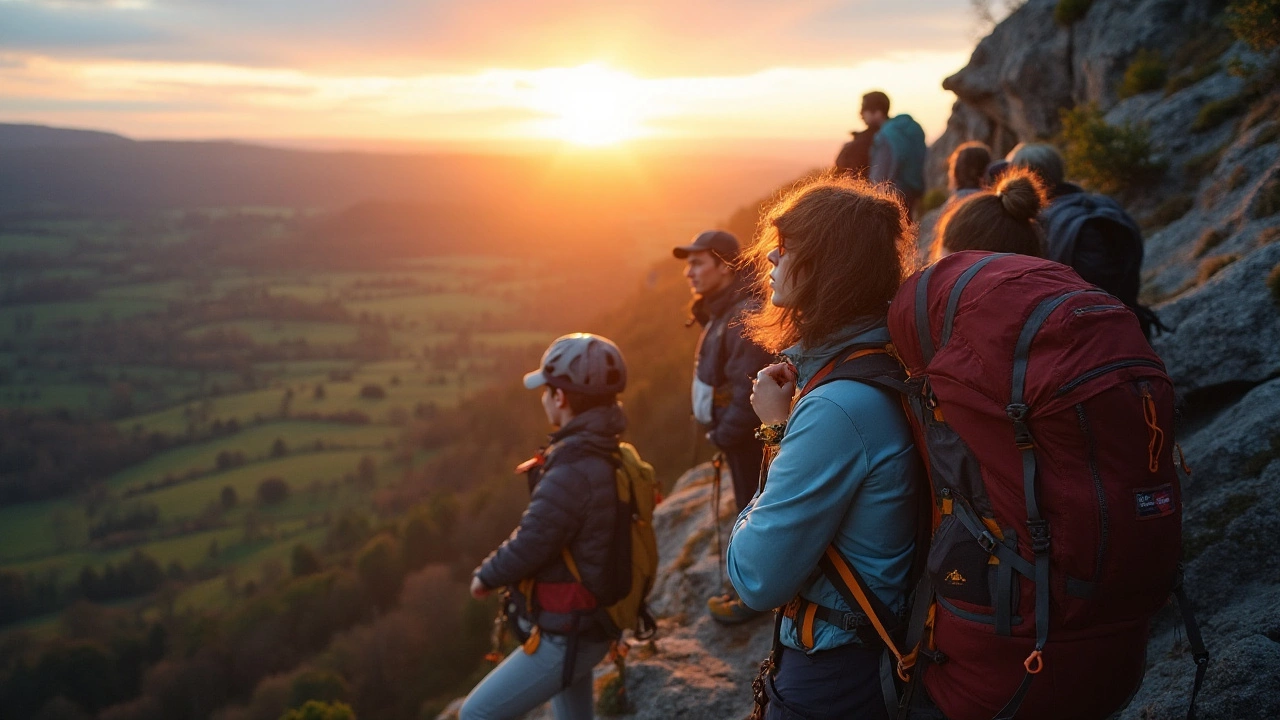Travel Risks: Simple Ways to Keep Your UK Holiday Safe
Planning a cottage break or city escape in the UK? You’re probably excited about the scenery, the food and the cozy nights, but a few hidden risks can spoil the fun. Below you’ll find the most common travel hazards and easy, everyday actions you can take to stay out of trouble.
Common Travel Risks in the UK
Even though the UK is small, the weather can change in minutes. Rain, fog, or sudden snow can turn a scenic drive into a slippery ordeal. Keep an eye on local forecasts and pack a waterproof jacket, sturdy shoes and a basic emergency kit.
Health issues are another frequent snag. Allergies to pollen or bee stings pop up in rural areas, while the flu spreads fast in crowded towns. Bring any prescribed medication, a small first‑aid box, and consider a short travel‑insurance policy that covers medical visits.
Security worries are often overstated, but they’re worth a quick check. Tourist hotspots can attract pickpockets, especially on busy streets or public transport. Use a cross‑body bag, lock your valuables in a hotel safe, and stay aware of your surroundings.
Driving in unfamiliar regions brings its own set of challenges. Narrow country lanes, different speed limits, and unmarked roadworks can be confusing. Make sure your rental car is insured, keep a phone charger handy, and set your GPS before you leave the city centre.
How to Protect Yourself
Start with a solid plan. Write down the address of where you’re staying, emergency numbers (999 in the UK) and the nearest hospital. Share this info with a friend or family member back home.
Buy travel insurance that covers cancellations, lost luggage and medical emergencies. It’s a small cost that can save you a lot of stress if something goes wrong.
Pack smart. A portable power bank, a reusable water bottle and a compact umbrella can handle most unexpected moments. If you’re heading to a coastal cottage, bring slip‑on shoes for wet decks and a flashlight for power cuts.
Stay connected. Even if you’re in a remote chalet, a local SIM card or a roaming plan ensures you can call for help, check directions or get weather alerts.
Finally, trust your gut. If a situation feels off—whether it’s a too‑friendly stranger or a road that looks unsafe—walk away and find a safer option.
By keeping these simple steps in mind, you can focus on the stunning views, the cozy evenings by the fire and the joy of discovering new places without worrying about the little things that can go wrong.
The Unseen Challenges of Adventure Travel: What You Need to Know
Adventure travel often promises thrilling experiences and breathtaking landscapes, but there can be downsides travelers should consider. Potential risks include safety concerns, unexpected costs, and environmental impact. It's essential to plan appropriately and be aware of cultural sensitivities to ensure a rewarding yet responsible journey. Understanding these challenges can help travelers make informed decisions.
